Against this backdrop, innovative new fabrics, circular systems and a wider focus on recycling are all being launched. Equally, more and more brands are adopting responsible supply chains, and the global coronavirus pandemic has broken traditional cycles of consumption and destruction.
Looking back on the last year, we caught up with experts, designers and brands from across the fashion industry to discuss the progress that was made in 2020, what the future holds for sustainable fashion and where we go from here.
“A major issue is the word “sustainable.” This term is a grey area, meaningless, unquantifiable, and has been destroyed by greenwashers looking for an easy brand label for optimism.”
Spencer Phipps, PHIPPS:
I think a lot of big companies have really begun speaking and thinking about it in a serious manner, but they are mostly words with little action. There are still huge changes to be made in the way the industry functions on a fundamental level. Although there are some brands that are really trying to make changes and are seriously innovative in their approach to ecological business practices, a vast majority of the industry has not really changed. This being said, I do believe that this year we have seen a lot of progress on the consumer side. Customers are demanding more from their purchases, from transparency and environmental issues, to social equality and diverse representation. This year, largely due to the economy and the fact that people are at home, has seen an exciting shift to a “buy less, buy better” mindset which (for me) is the start of the future.
A major issue is the word “sustainable.” This term is a scientific impossibility in the context of capitalism and ultimately is a grey area, meaningless, unquantifiable, and has been destroyed through overuse by greenwashers looking for an easy brand label for optimism. I think we need to stop using this term and focus on more direct and concrete benchmarks of ecological responsibility. We like to use terms like “renewable” or “carbon footprint,” “biodegradable,” “circular” which can lead to very specific actions within our own company.
Saeed and Katy Al-Rubeyi, STORY mfg:
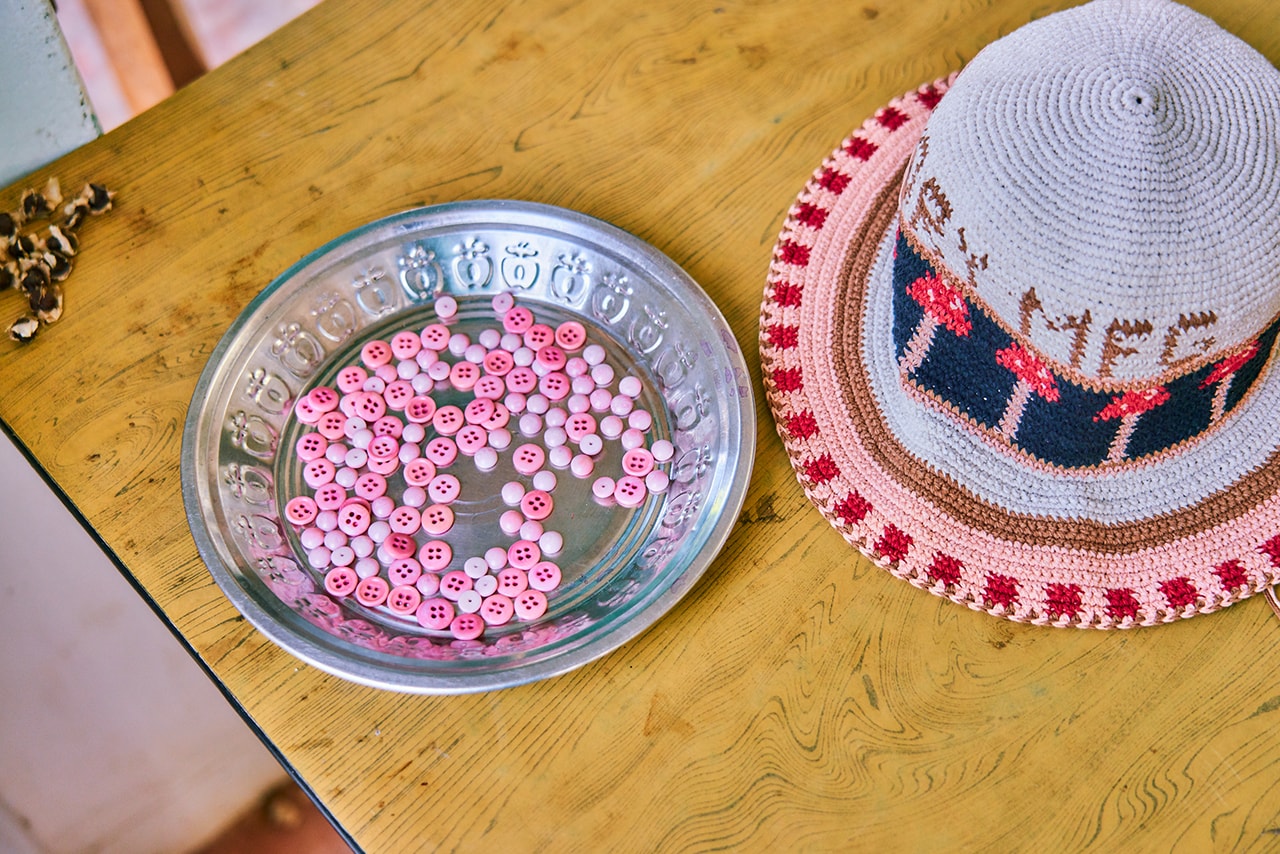
The industry is made up of people, and this year people have been exposed to more screen time, and while that can be bad, I also think there has been a rise in awareness of political movements and interest around issues like sustainability. Educators, magazines, and websites with a focus on earth issues have really pushed awareness this year.
My feeling today (and this changes a lot) is that the biggest challenge is literacy for designers on where things come from, how they’re made and what their impact is. I don’t think there are many professional chefs out there who don’t know where potatoes come from, or that beef comes from a cow – but there’s a huge amount of designers that don’t know the basics, let alone more complicated issues.
I feel like a lot of people think luxury houses lead the industry, but my belief is that they are actually kind of slow and when they address an issue it’s a sign that the discussion is being normalized – almost like a word being accepted into the dictionary.
Many brands are scared to approach the subject for fear of getting it wrong. On the other hand we have other brands being total liars and poisoning the well. The fact that we are treating a global problem with a Western-centric mindset is terribly destructive too.
“Brands aren’t the answer to our problems. We can’t expect fashion to solve plastic pollution, or the climate emergency, or any other crisis for that matter.”
Many brands are scared to approach the subject for fear of getting it wrong. On the other hand we have other brands being total liars and poisoning the well. The fact that we are treating a global problem with a Western-centric mindset is terribly destructive too.
“Brands aren’t the answer to our problems. We can’t expect fashion to solve plastic pollution, or the climate emergency, or any other crisis for that matter.”
Alec Leach, Future Dust:
Progress on sustainability is so slow because there’s no real incentive to behave responsibly. That’s why it’s all so superficial — brands are just volunteering to do the right thing because nobody’s making them. There’s no sustainability police punishing companies for wrongdoing, or making sure that they’re living up to their pledges.
We are centering brands too much in the conversation. We’re expecting them to be our saviours, but CEOs aren’t environmentalists — they’re businesspeople, and we need to stop expecting anything but business from them. Brands should be selling us good products, doing it honestly and without exploitation.
Brands aren’t the answer to our problems. We can’t expect fashion to solve plastic pollution, or the climate emergency, or any other crisis for that matter. Buying some recycled polyester stuff won’t solve plastic pollution — to do that, we need to decrease society’s dependence on plastic, investment in recycling infrastructure, and regulation to hold polluters accountable.
So instead of asking if brands have made enough progress or not, we need to ask ourselves, why is it that responsible business practices are optional? Why shouldn’t every single company treat people and the planet with respect?
Jasper Eales, Sealand:
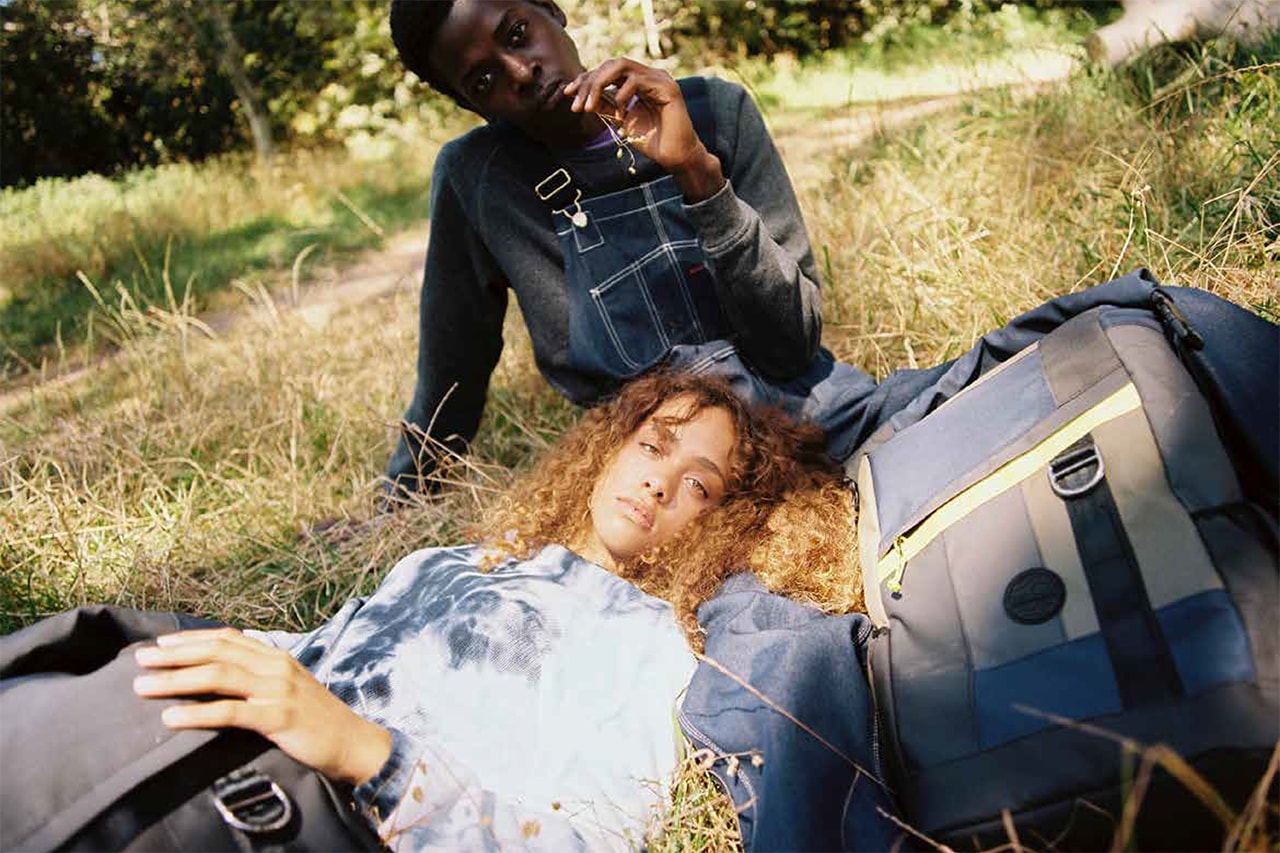
There has been an unbelievable increase in interest and awareness into the responsible fashion industry. The challenge comes because most businesses are driven to expand, requiring more resources in every form, which in the current world’s systems is virtually impossible to achieve in a zero impact way. The concern comes in when empty promises are made for short term gains in the form of greenwashing. However as responsible business becomes more mainstream this will become more and more challenging to get away with.
Businesses need to realize that the truest forms of sustainable production don’t allow for the excessive volume that the industry is used to. I think we will see technology playing a bigger part: engineered, lab grown natural fibres inspired by biomimicry. We foresee Carbon-neutral bio-polymers becoming relevant. There is also a desperate need for smarter recycling processes. There are really cool things happening out there, most are not at a scalable market level yet.
I am an optimist by nature, but it is necessary to be a realistic optimist. There is more positive change and momentum happening than ever before, which is incredible and needs to be celebrated. But the scale at which the damage is occurring is frightening. There are huge systemic challenges ahead for us if we really want to make a meaningful impact for people and for the planet. We need to speed up our responsible business practices quickly, otherwise we will be forgotten even faster.
“It’s no good being climate positive if your workers can’t afford to feed their families; it’s no good being vegan if your product materials cause major environmental pollution.
Gordon Renouf and Solene Rauturier, Good On You:
Sustainable fashion needs to be inclusive, it needs to work for everyone. We need to ensure all voices are heard and all needs are met. Inclusivity, diversity, and equity are no longer optional: in 2021, fashion brands need to authentically build these principles into their business model.
While it used to be acceptable for brands to implement one or two sustainability initiatives, they will need to take a more holistic approach. It’s no good being climate positive if your workers can’t afford to feed their families; it’s no good being vegan if your product materials cause major environmental pollution.
There is more of a focus on circularity. More and more brands and retailers are trying to design for circularity and develop business models to match. The explosion of viable resale options also demonstrates that consumers and retailers have an interest in acting on / promoting circularity. There is beginning to be an increased adoption of innovative materials and processes that solve many environmental problems. And major brands need to get serious about respecting labour rights and ensuring their global workforce is paid a living wage.
Edzard van der Wyck, Sheep Inc:
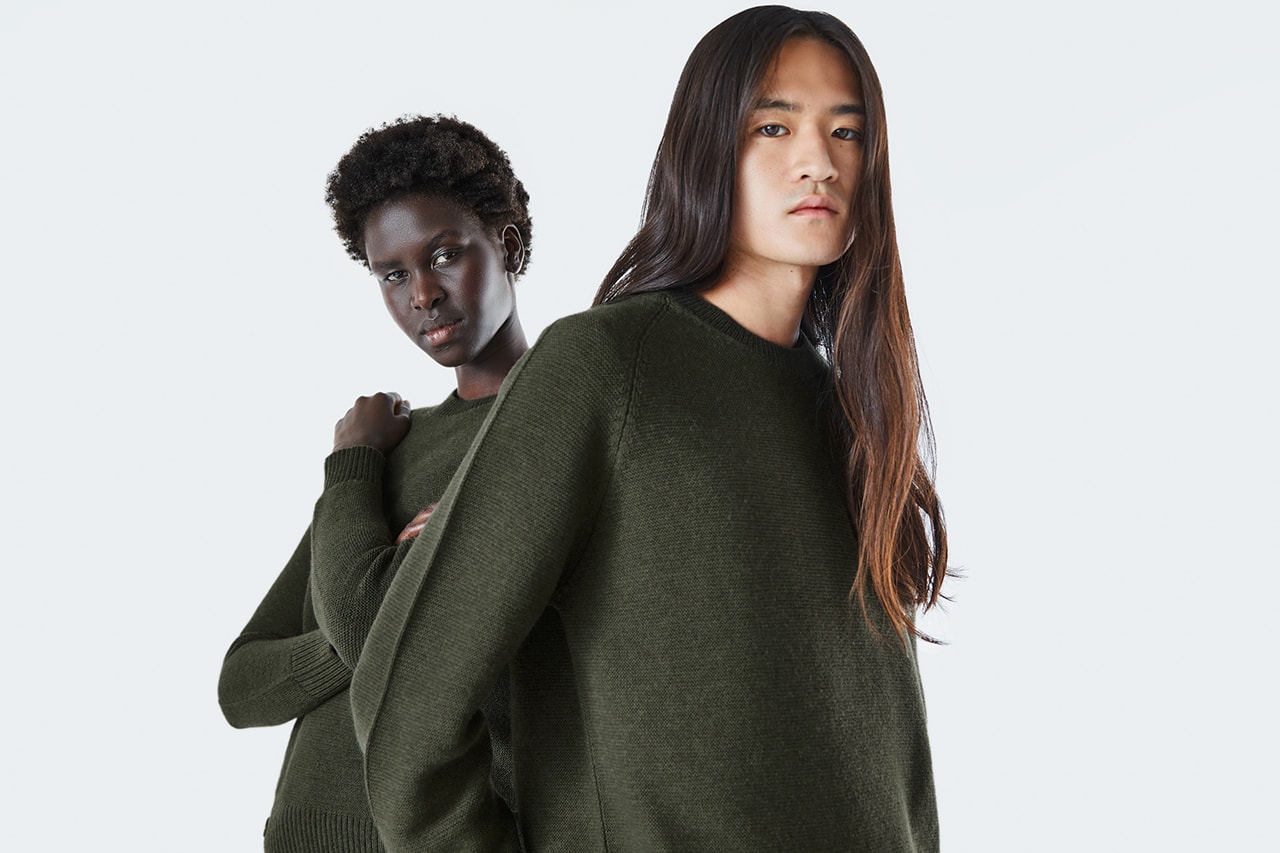
There is a general awareness starting to seep in about fashion’s behaviour regarding (and its historic disregard for) the environment, and there are encouraging signs that the industry knows it has to change. Brands also know that the customer base is starting to demand better from them and that this will increase. However, our worry is that a lot of the initiatives coming from established brands focus on (often far away) future targets. The journey to achieve them is not always clear, and due to future accountability they are not necessarily always looking at changes they could make immediately.
The challenge on the industry side comes simply from changing legacy (and damaging) behaviour and adjusting what are often complex supply chain setups.
I think it’s too late for pure optimism, we’ve unfortunately passed the point of no return. It’s now about mitigating the extent of the disaster. When I look at the speed in which the conversation has changed recently, I am optimistic in the sense that people and industries have shown they want to change and that this conversation has accelerated. I’m also optimistic when I see the passion of the younger generations. But it’s a tragedy that we didn’t move sooner.
“Sustainability assumes limitation of some kind, an equilibrium. We need to be okay with the idea of being sufficient, not superfluous.”
Yoshiyuki Minami, Manonik:
Some organizations and institutions have consciously made structural changes by promoting some underrepresented groups of people, and I’m seeing a handful of small brands that are doing away with the traditional business models to pursue slower, more people-oriented approaches. But there are still too many quick fixes in the industry as a whole. These fashion companies are claiming to be sustainable while still producing an unimaginable and unnecessary amount. Their ultimate goal is still to make profits by exploiting cheap labor around the world.
I think we need to think what “progress” actually means. It means different things in different countries and markets, but we can map out common denominators that would bring meaningful changes: Rethinking the industry as a whole, from agriculture, to processing, to construction, and then to consumption of what we make; or rethinking our profit-oriented business model that assumes economies are forever expandable. I like using the forest analogy when talking about the economy. If you look at a healthy forest, there is no one species that dominates. Every element is dependent on one another and the health of the entire forest is dependent on how they take care of each other by limiting and sharing. Maybe the idea of progress can be found in this analogy.
Sustainable fashion is not just about using so-called eco-friendly materials, it is also about rethinking how the whole industry works, foreseeing social consequences and environmental impacts in the long run. I think education needs to be more interdisciplinary if we were to create a more sustainable future. If we keep pursuing profit maximization and global expansion under the assumption that our economy has no limit, there will be no such thing as sustainability. Sustainability assumes limitation of some kind, an equilibrium. We need to be okay with the idea of being sufficient, not superfluous.
We need a wide array of propositions that will take us to a better place. We need diverse perspectives that come from different expertise and backgrounds. This will ultimately yield a fundamental shift in what we consider a successful business and force us to rearrange our priorities. I think there should be no such thing as “sustainable fashion;” fashion should be sustainable without having to tout its sustainability. I believe people care not just about themselves, but about others as well. This pandemic has taught us more concretely than ever that we are all citizens of this beautiful, yet chaotic, planet. We’ve also learned that if we put our minds and guts together, we always have the power to improve our society to be better, more thoughtful and inclusive.
Jaimus Tailor, Greater Goods:
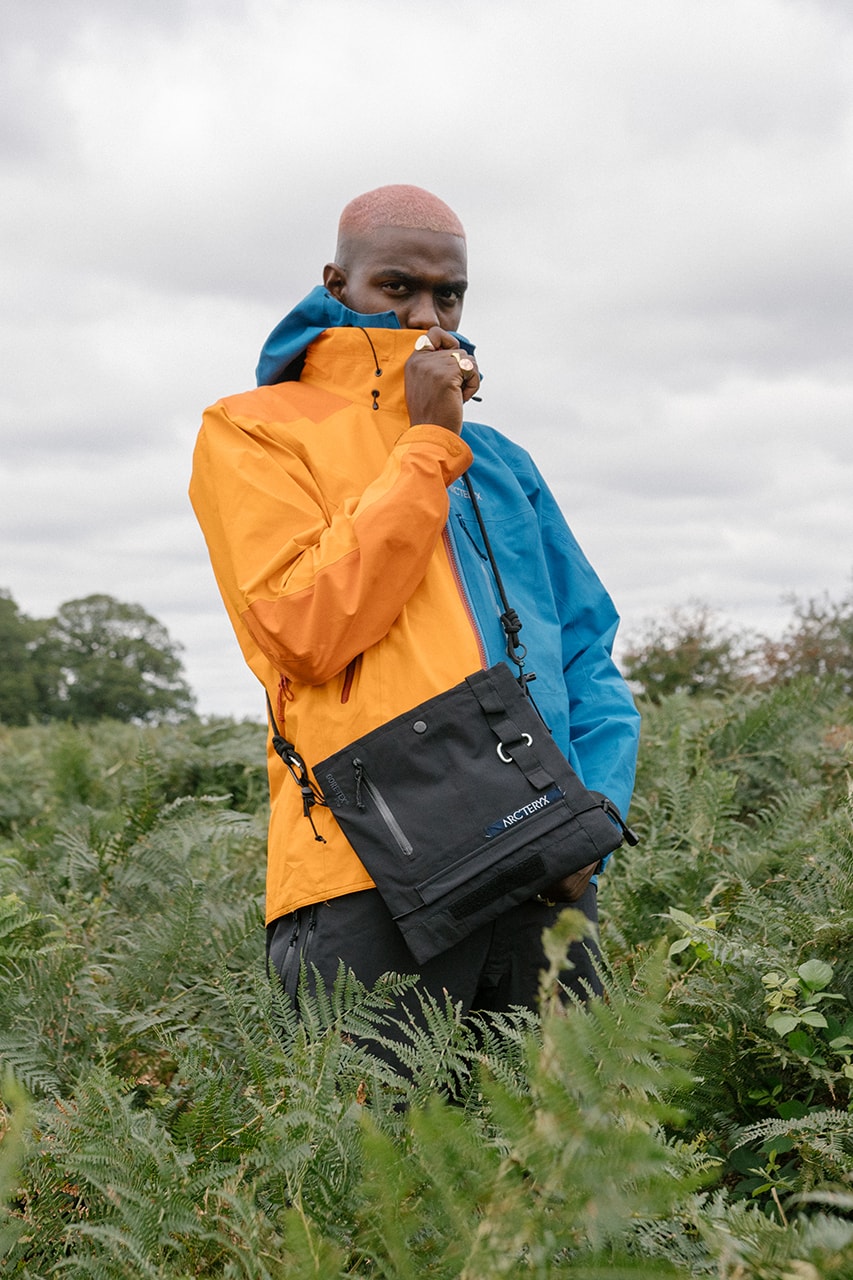
There has definitely been a big shift towards new production methods, material research and general long-term goals over the last year. Of course, there are still issues with greenwashing, but I can’t knock the efforts that have been made. 2020 was definitely the most progressive year for sustainable fashion that I have seen in my lifetime.
Ultimately, it’s impossible to be a ‘sustainable brand’ as it’s an oxymoron. However, brands and fashion houses have a lot of influence that goes beyond clothing and can impact the way we physically/mentally live day to day. There needs to be a more holistic approach, sustainability is more than releasing one ‘sustainable collection’ and calling it a day. Sustainability has to be considered in all aspects of the process not just the manufacturing. It’s a shame that consumers have to be the catalyst for change and this conversation about doing the right thing has to even take place. I feel 2020 really showed that change really has to be demanded for the big corps to fix up.
Overall, I’m optimistic. I feel it’s a conversation that is only going to grow and if words turn to actions then it’s a push in the right direction.
“We have not even realized how f*cked we are, or the magnitude of the task we have ahead of us.
Clare Farrell, Alice Wilby and Bel Jacobs, Fashion Act Now:
Some of fashion’s darkest underbellies have been revealed, as well as its contribution to the degradation of land, of human and animal lives and of the environment. I think brands are realising that they can no longer hide behind fashion’s traditional smokescreens of “glamour,” “fun,” or ‘“identity.” Nothing looks more grotesque than a fashion show against the backdrop of a world on fire. Some designers and brands are definitely using language and concepts that really seem to grasp the extent of what we’re trying to do. Whether they’re taking the action they need to take is another matter.
The different fashion weeks that have taken place during the lockdown have been illuminating. Watching most brands try to scrabble back to some sort of status quo, whilst somehow nodding to the health, planetary and societal emergencies, has been at once amusing and soul destroying. Luxury, in its current incarnations, feels out-of-time, out-of-touch. When a luxury house stands up and says “we’re going to massively reduce the number of goods we make, slash CEOs wages, cut profits, restore the earth and start funding the Global South to prepare for and adapt to the emergency,” then I’ll start taking them more seriously.
The old systems do not reward genuinely revolutionary approaches. We need to step outside everything we know, and do it with compassion for others.
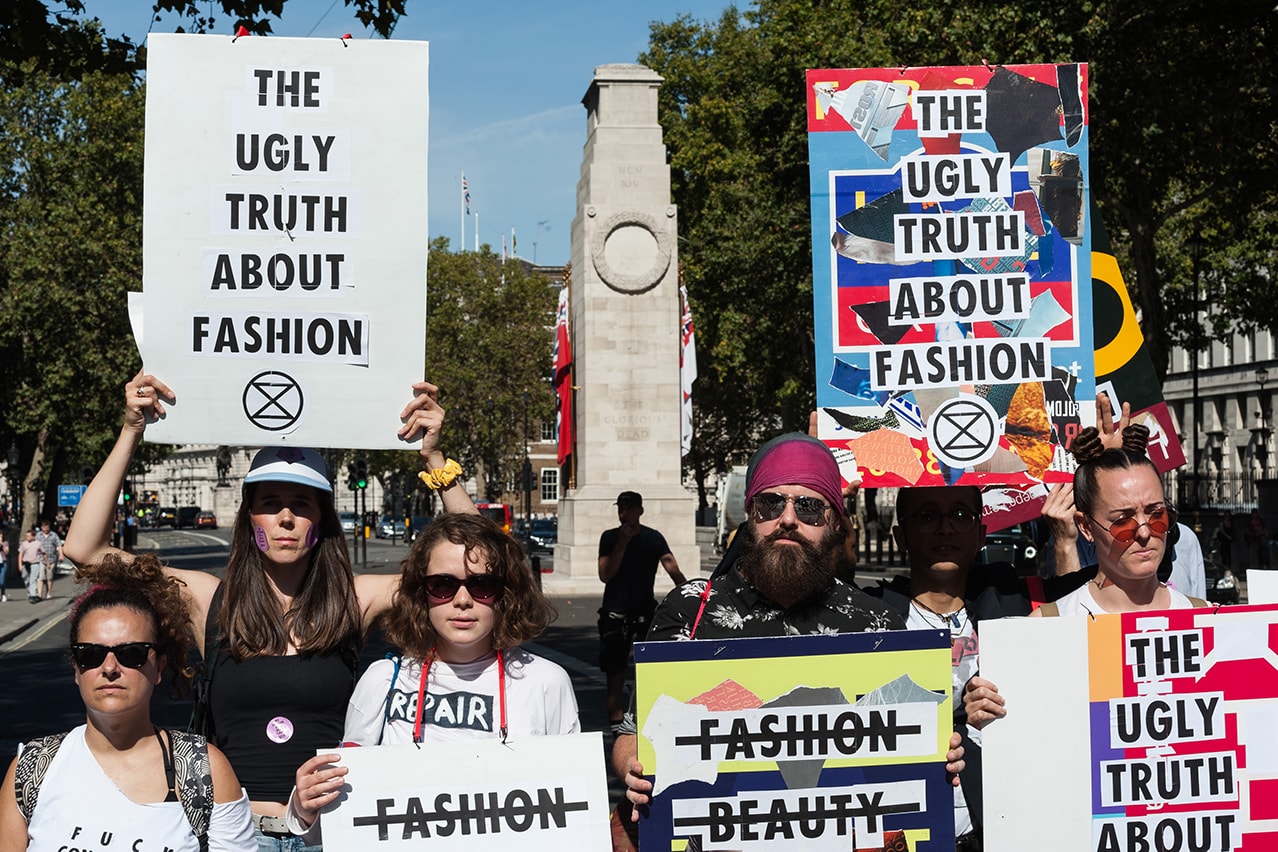
I want to own/use things that are beautiful and well made, respect makers and materials, the luxury sector does not stand for that though.
We’re in crisis, system change is urgently needed and sustainability fans need to get with the programme. It’s not enough, it never was and we have to stop lying to ourselves, we have fundamental problems. The beauty of that is that you can’t shoulder it alone, we need a rewiring of the economy and we need to organize society around values, not money. Around care not domination. Around love and respect, and reciprocity. One challenge I would say is to try to act in a way that you will be proud of in 10 years time.
We have not even realized how f*cked we are, or the magnitude of the task we have ahead of us. The sooner you start to help rather than live in denial the better for all of us but especially for yourself! Action is a great antidote to the difficult emotions.
Fashion is in crisis and scrabbling to formulate a response that is both real and appropriate. Progress is being made in the general shift in understanding that things need to change, but changes are still being designed within the confines of the old system that isn’t fit for purpose.
Sustainability in clothing has a history of speaking to sustaining, preserving and caring for materials, craft and community. But with this current trend for sustainability in fashion, the focus has been shifted back to economic growth, fashion, trend and continual consumption. This is not compatible with regenerating our planet.
Part of the change we need to see is a decolonization of the fashion industry. Sustainable fashion has a huge part to play in this, both in untangling itself from a framework of white supremacy and in platforming makers and storytellers who are leading the way. I’d like to see a localization of fashion systems, removing the power from international brands and bringing the making, mending and storytelling of clothing back into local communities.
We are facing a frightening future, I routinely have nightmares about where we are headed if we don’t change course, so I’d be lying if I said that I’m optimistic all the time! But we know what needs to be done, so let’s get to work.
Isaac Larose, EDEN Power Corp:
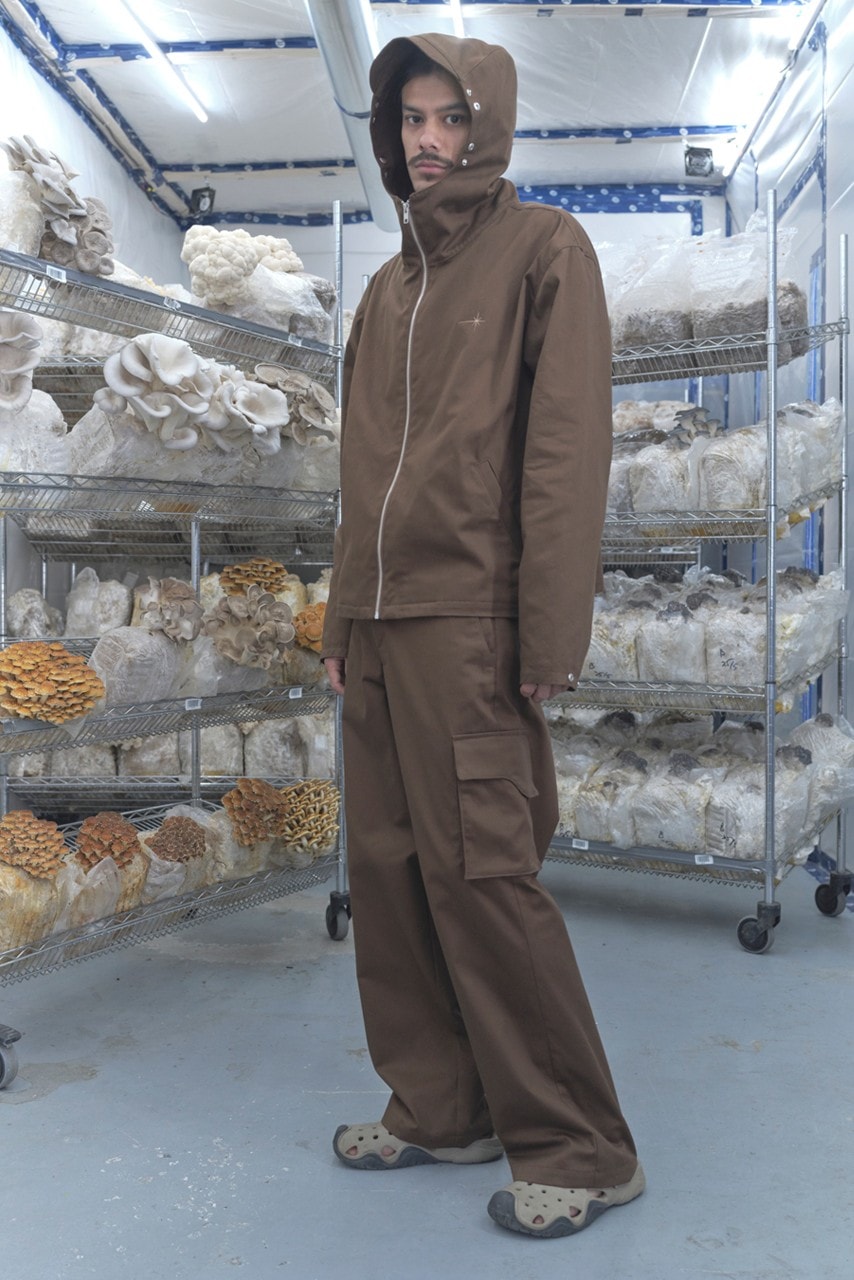
We have the feeling the world is heading in the right direction but unfortunately, so far, way too slowly. We need a radical change of perspective of what we value and how we relate with each other and with the planet.
That’s the hardest part. You have to change your mind before you can change how you live. Somehow the Covid crisis, forcing us into a new environment, might have given this strange opportunity for some to realize what’s truly important. Nature, friendship, freedom, community. We can also clearly see a lot of new technologies appearing, new materials, a lot of amazing alternatives, even the fast fashion companies are trying to get their share of this movement. So you can see there’s a wave. But in the end you can’t buy the solution to the climate crisis. The solution is already within you.
As long as the oil industry will be heavily subsidized, it will be very hard to have natural products that will be competitive price wise. Simply because when buying oil based products, we’re not paying the real cost. Also, as long as we consider happiness to be dependent on sources outside our control, and we actually control very little, then we’ll always be dissatisfied. We’ll always want more of anything we think could provide happiness and that’s a slippery slope.
Anyone that starts along this path will surely find a lot of incoherence when reflecting about their own lives, values and actions. To be free from this burden and be happy they’ll have to work in accordance with their values. It’s a long path, we don’t really think there’s an end to it, but after a certain time, you get to a point where you really want your actions to be coherent with your thoughts. As a consumer, as an employee or as a business owner.
“The pandemic has catalysed an acceleration of change in the industry that was inevitable, but I think it’s too soon to say if fashion has progressed to a better place.”

We have the feeling the world is heading in the right direction but unfortunately, so far, way too slowly. We need a radical change of perspective of what we value and how we relate with each other and with the planet.
That’s the hardest part. You have to change your mind before you can change how you live. Somehow the Covid crisis, forcing us into a new environment, might have given this strange opportunity for some to realize what’s truly important. Nature, friendship, freedom, community. We can also clearly see a lot of new technologies appearing, new materials, a lot of amazing alternatives, even the fast fashion companies are trying to get their share of this movement. So you can see there’s a wave. But in the end you can’t buy the solution to the climate crisis. The solution is already within you.
As long as the oil industry will be heavily subsidized, it will be very hard to have natural products that will be competitive price wise. Simply because when buying oil based products, we’re not paying the real cost. Also, as long as we consider happiness to be dependent on sources outside our control, and we actually control very little, then we’ll always be dissatisfied. We’ll always want more of anything we think could provide happiness and that’s a slippery slope.
Anyone that starts along this path will surely find a lot of incoherence when reflecting about their own lives, values and actions. To be free from this burden and be happy they’ll have to work in accordance with their values. It’s a long path, we don’t really think there’s an end to it, but after a certain time, you get to a point where you really want your actions to be coherent with your thoughts. As a consumer, as an employee or as a business owner.
“The pandemic has catalysed an acceleration of change in the industry that was inevitable, but I think it’s too soon to say if fashion has progressed to a better place.”
Xenia Telunts, designer:
The pandemic has catalysed an acceleration of change in the industry that was inevitable, that is certainly a progression but I think it’s too soon to say if fashion has progressed to a better place, if values have changed or if this is simply a pivot. The traditional fashion system has been upended, and many aspects of that, which have been hard to justify for a long time, will be hard to return to. It remains to be seen if this has been a period of lasting progressive change.
Luxury houses have an important role to play in moving the conversation forward, but we have to be wary of them setting their own narrative and defining sustainability in a way that is convenient for them, sustainability and fashion are inherently antonymous. If they recognize their responsibility and behave consciously, their ability to influence fast fashion can have a lasting impact that reaches far beyond their own environmental footprint.
As the industry becomes less reliant on the traditional model of seasonal collections and wholesale boutiques, there are incredible opportunities to improve inefficiencies. Brands can leverage their direct relationships with consumers, social media and data to produce in line with demand.
Siri Johansen, Waste Yarn Project:
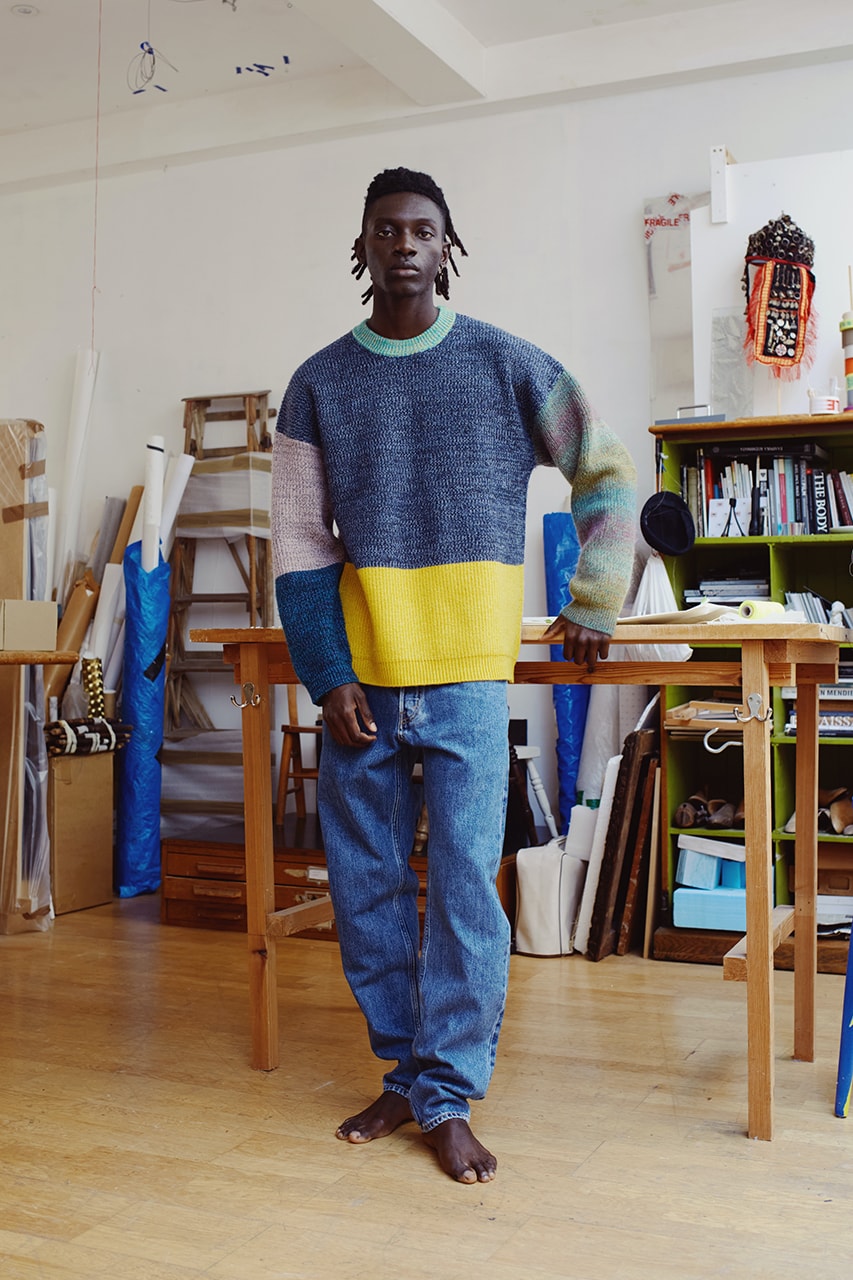
I think the last year has been a bit of a standstill, everyone has had to slow down – from designers, to manufacturers to consumers. From this, consumers have been more considered with their shopping habits and seem to have become more interested in conscious products; the industry will have to catch up.
Every garment or product has a footprint, some are of course better than others and one big problem is that sustainability is not a regulated term. Anyone can use it, and it has been so over used recently it has become difficult to grasp its meaning. For me this is a major issue – is it even possible to be a sustainable fashion company?
We do not consider ourselves a sustainable company, simply because we would have to defend the excessive waste of the fashion industry. Instead we define our company as being positively conscious and with this consciousness we hope to draw attention to certain aspects of the current reality that should be reassessed. Ideally the fashion industry would cease to create so much waste and our direction would have to change.
There are new technologies from ways of making fibres to new ways of designing – thinking more circularly, what’s going to happen to the garment when the customer is done with it. However I believe the most sustainable action is to wear your clothes! Buy less but better, buy garments you will treasure and mend when broken. Don’t fall for all the greenwashing propaganda.

No comments:
Post a Comment